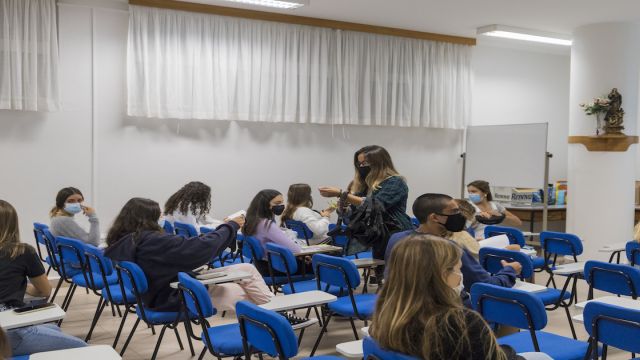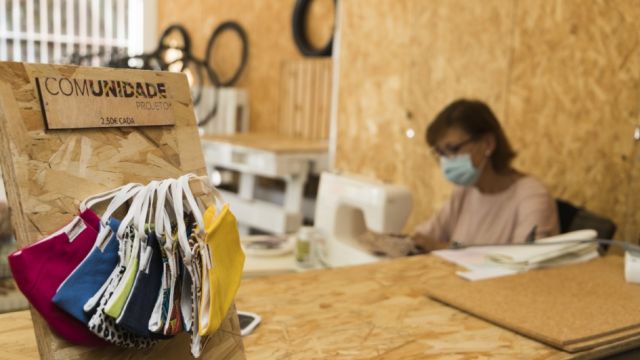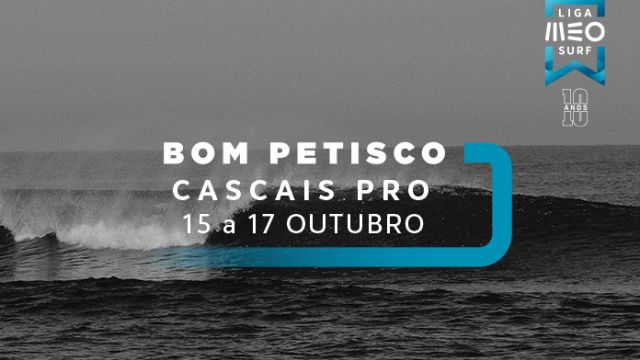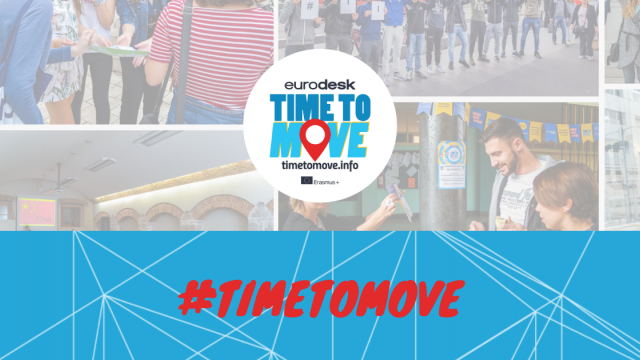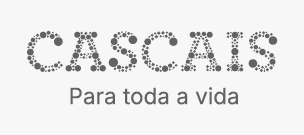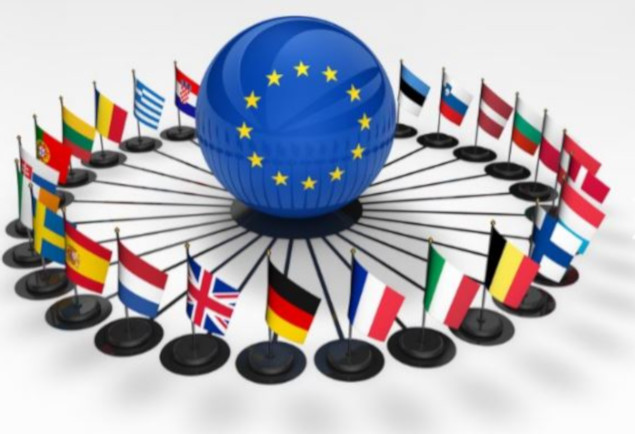
European Council
Functions: defines the general political orientations and priorities of the European Union
Member States: Heads of State and Government of the EU, President of the European Commission, High Representative of the Union for Foreign Affairs and Security Policy
President: Donald Tusk
Established in 1974 (informal body), 1992 (formal status), 2009 (EU institution)
Headquarters: Brussels (Belgium)
The European Council brings together the Heads of State and Government of the Member States to define the EU's policy agenda.
It represents the highest level of political cooperation between EU countries.
One of the 7 official EU institutions, the European Council takes the form of summits (usually quarterly) between EU leaders, chaired by a permanent president.
What does the European Council do?
Decides on general guidelines and political priorities, but does not
approve legislation
It deals with complex and sensitive issues that can not be resolved at lower levels of
intergovernmental cooperation
It defines the EU's common foreign and security policy,
taking into account the strategic interests and the implications in terms of defense
Appoints and nominates candidates for certain senior posts in EU institutions, such as the ECB Presidency and the
Commission
With regard to each issue scheduled, the European Council may
- urge the European Commission to draw up a
-transmit the matter to the EU Council
How is the composition?
The European Council brings together the Heads of State and Government of the EU countries, the President of the European Commission and the High Representative of the Union for Foreign Affairs and Security Policy
The President of the European Council, elected by the European Council itself with a renewable mandate of two and a half years, convenes and
meetings. The President represents the EU overseas.
Want to know more? Click here.










